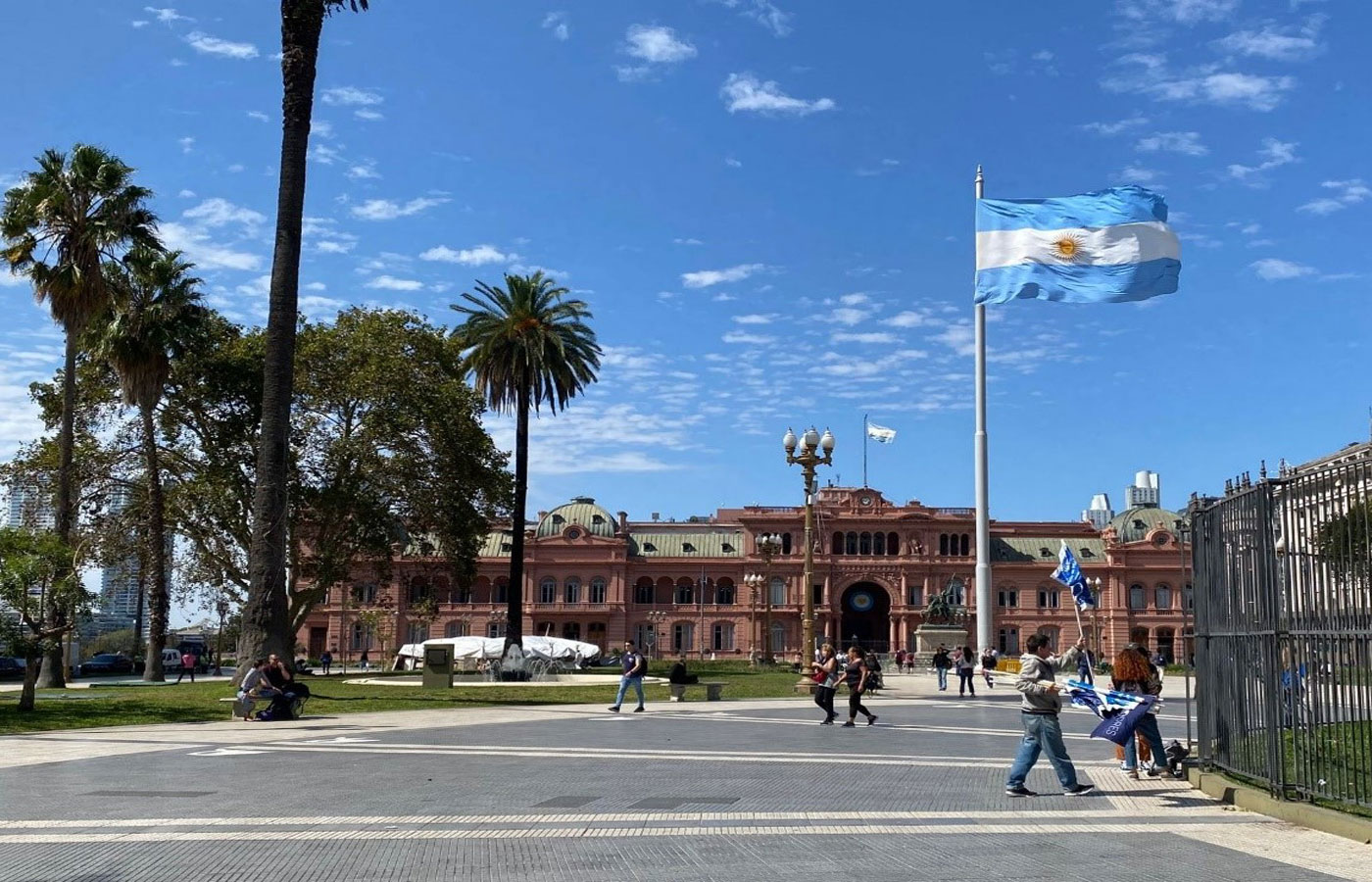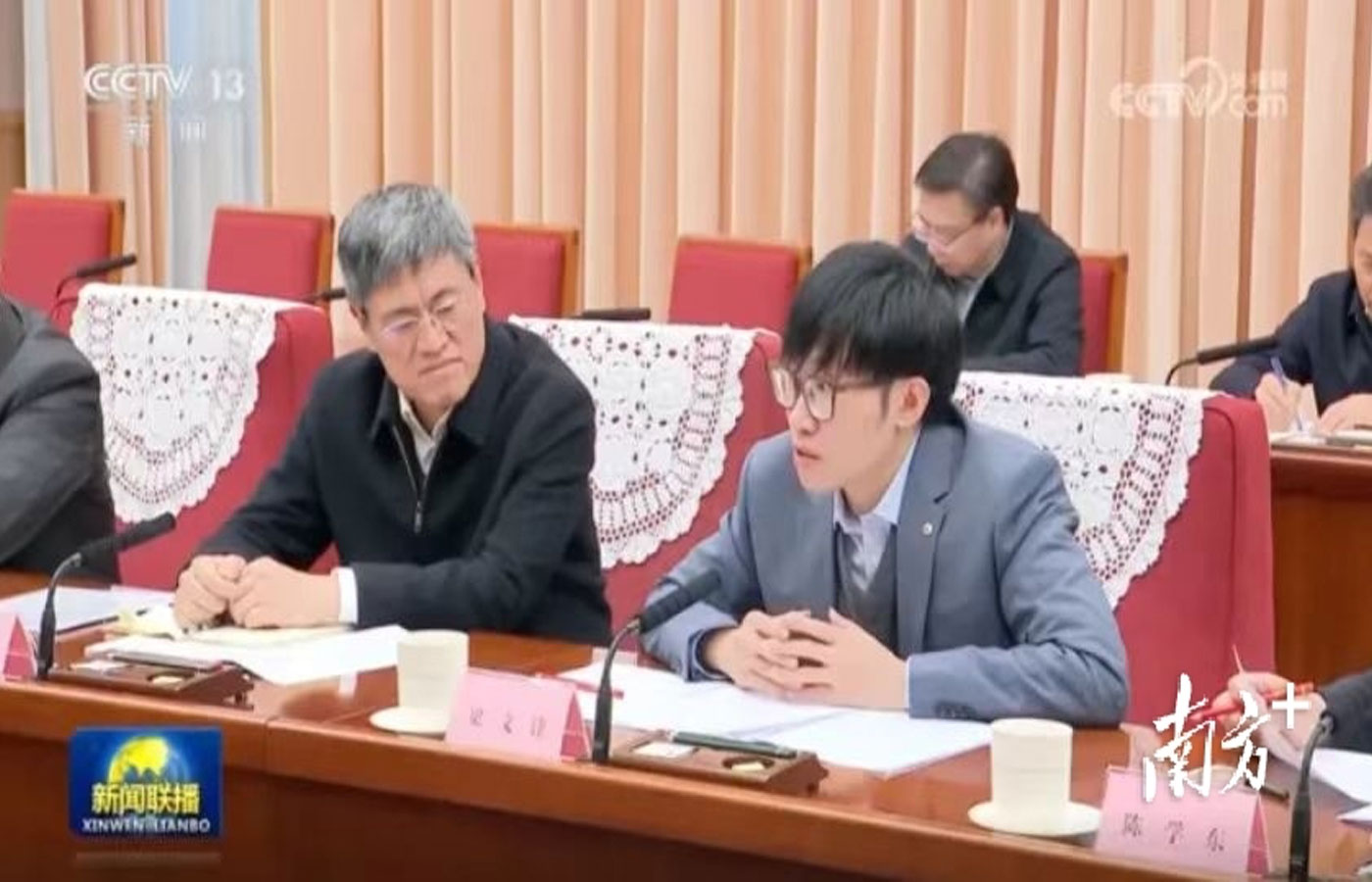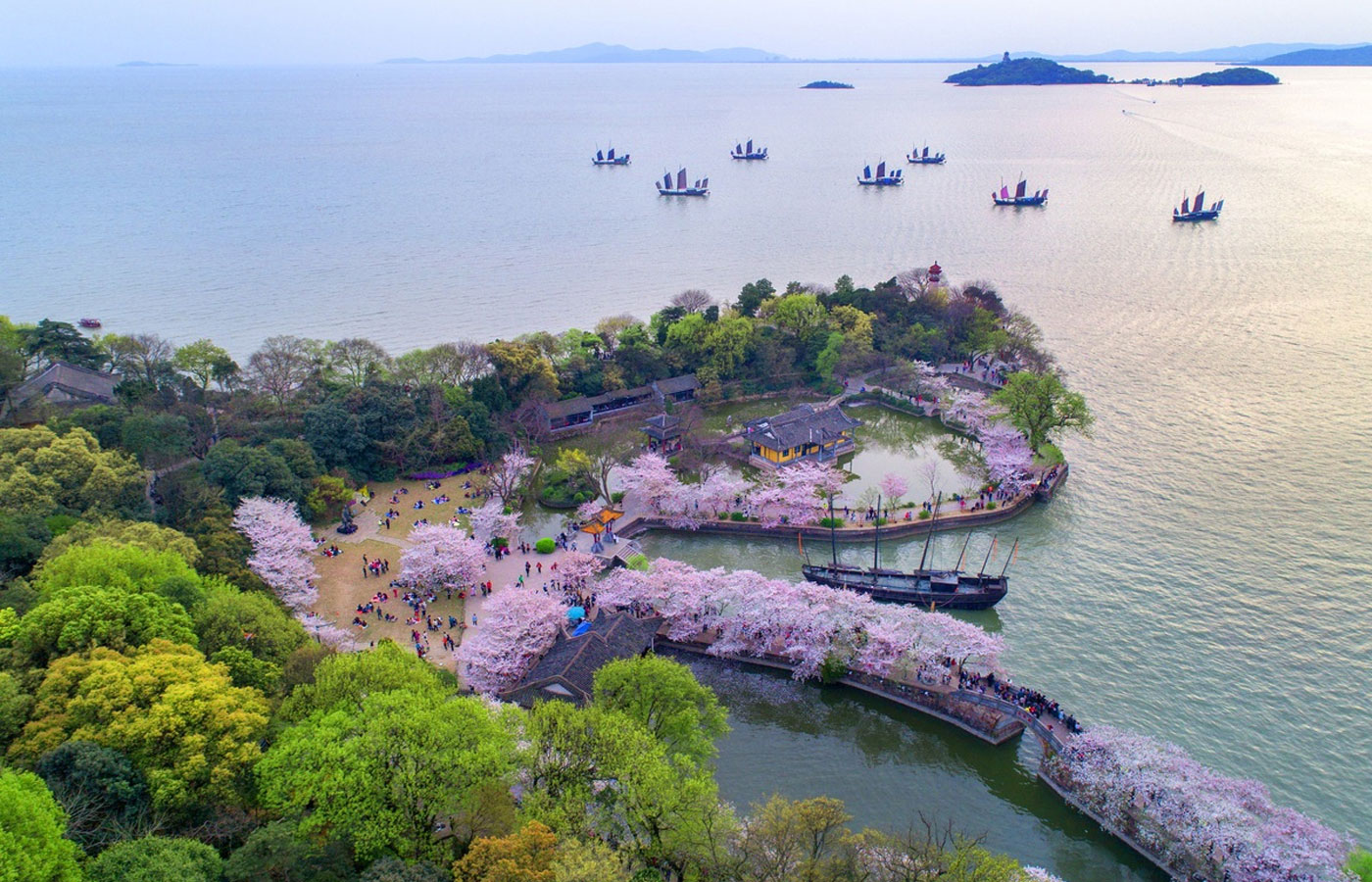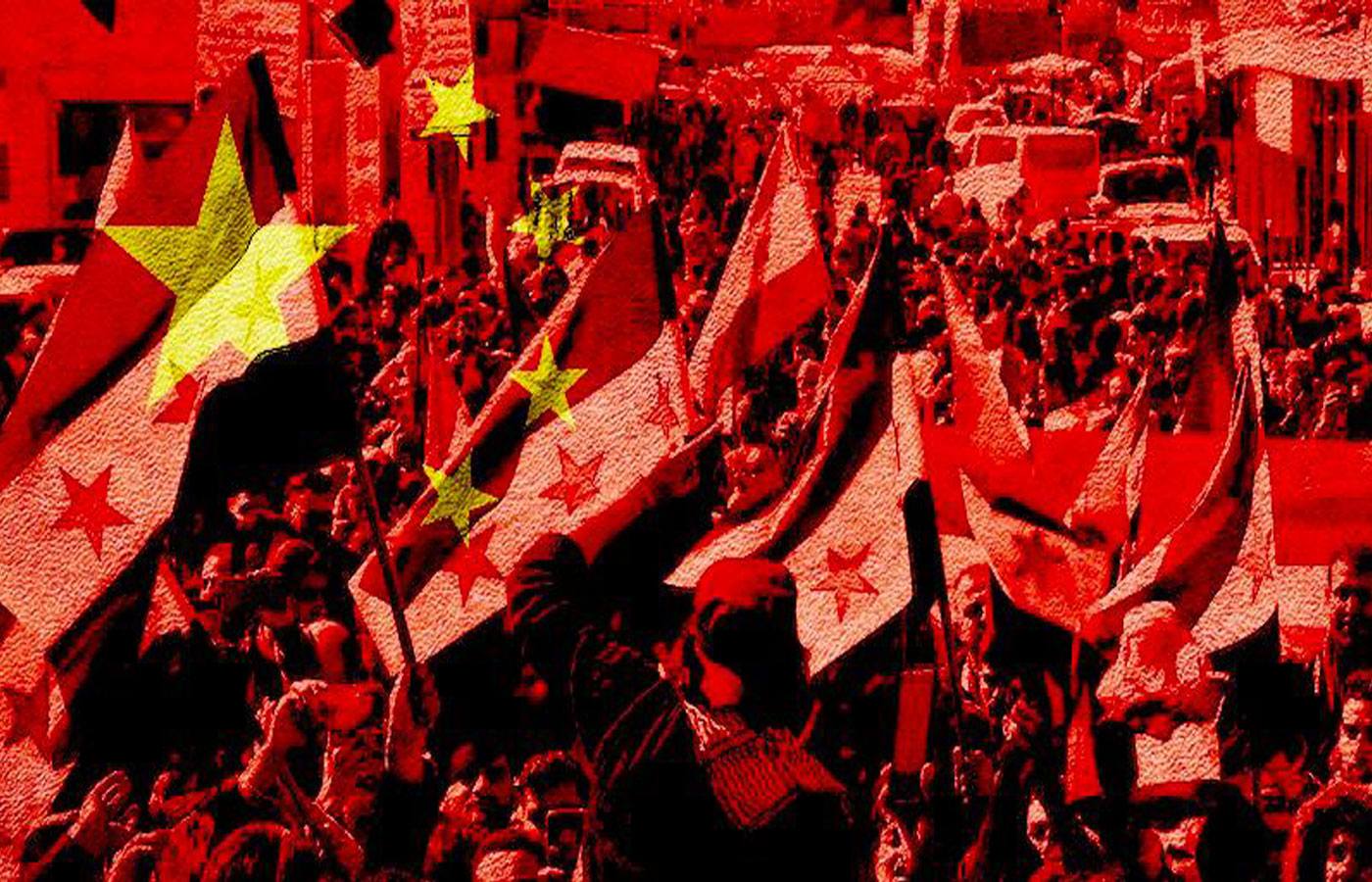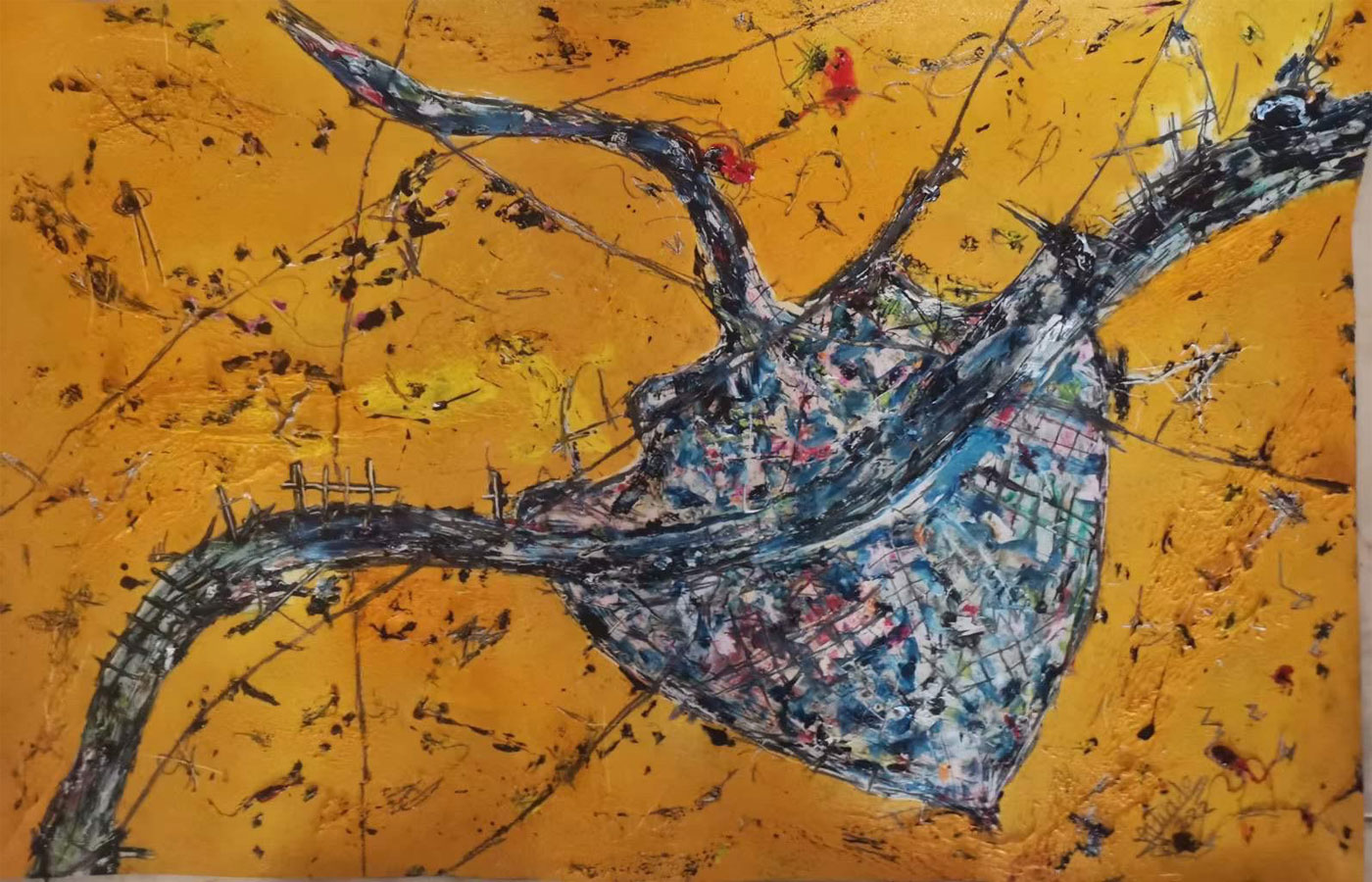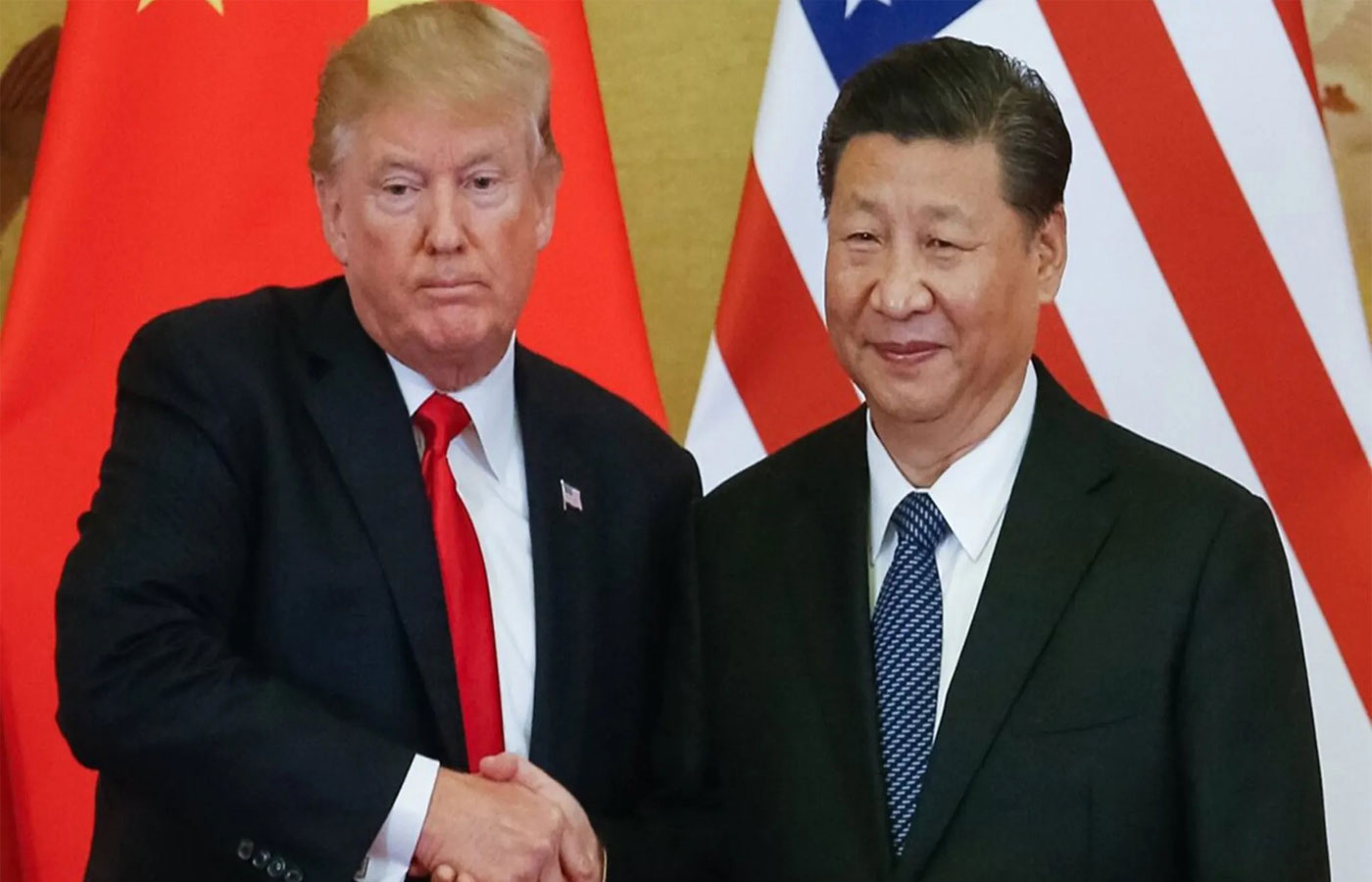Political polarization is a longstanding phenomenon in Latin America, symptomatic of historical inequalities fostered by the omnipotence of economic elites, social cleavages and tenacious post-colonial practices. This is particularly salient in Argentina, where political polarization is also consistent with the global rivalry underway between China and the US – so much so that Argentina appears as another of the main global battlefields for Washington and Beijing.
Indeed, the country seems to be divided into a pro-US and a pro-China position, assumed by the two main candidates for the presidential race to take place on October 22: Economy Minister from ruling Peronist bloc, Sergio Massa (Union por la Patria), and Libertarian congressman, Javier Milei (La Libertad Avanza). As the inheritor of the unpopular Fernandez government, Sergio Massa finds himself in a difficult position to counter the rise of his main rival, Javier Milei.
In any event, given the magnitude of the country’s challenges at an economic, financial and political level, the winner of the presidential election would be ill-advised to adopt a binary view in a context where a reconfiguration of the global architecture is underway.
The Damocles sword on Argentina’s future
Bearing in mind Argentina’s dreadful financial crisis of 1991-2001, and without denying the responsibility of successive governments, it seems that the South American country has become the global spearhead in an existential struggle against the US-led financial institutions inherited from the Bretton Woods framework. Considering the scale of the country’s systemic crises, the IMF, Buenos Aires’ uncompromising debt-holder, has become synonymous with the yoke of Argentina.
Ever since the right-wing government of Mauricio Macri contracted, in 2018, the biggest loan ever granted in the history of the Fund, much has been said about the IMF–Argentina enslavement ties. To the point where it is worth questioning, in view of the disastrous consequences of the exorbitant and extremely costly loan, the validity and legitimacy of such a loan, which continues to plunge whole segments of the population into extreme poverty – logically resulting in growing insecurity.
The IMF loan conditionalities have caused severe shortages of the country’s liquid reserves, resulting in unprecedented levels of inflation (+125%) and devaluations of the national currency. Not only have these loan conditionalities generated a huge budget deficit and paralyzed the production sector, dramatically increasing the country’s poverty rate (40%), they have mostly weakened the Argentine state’s sovereignty.
So critical is the situation that Argentina would have – once again – defaulted on its debt if it hadn’t renewed the currency swap line with China for three more years. This arrangement has allowed the country to pay back the IMF as well as its imports from China in yuan – and, by doing so, to reinforce the dollar reserves of the Central Bank in order to strengthen the country’s position with the IMF during the negotiations on the loan terms. This swap mechanism is also a way for the country to avoid having its US dollar funds frozen or confiscated, as has happened to other countries.
Javier Milei’s folk politics
It is against this backdrop of economic downfall that Javier Milei, presidential candidate of the Liberty Advances coalition, has been performing his folk politics, running counter to major regional and global tendencies. With an unusual background (similar in some ways to that of the Ukrainian president), Milei has crystallized the people’s anger, managed to direct it against the Peronist left, and used a promised utopia as a remedy for people’s exasperation.
And it seems to have worked so far: leading in all opinion polls, Milei has vowed to take a radical approach to get the country back on track. His campaign program is rather original. Among other ambitions, he says he wants to:
- Sever state ties with “Communists”, citing China, Putin, Lula and the Pope
- Dollarize the economy (as in the 90s) and shut down the country’s Central bank
- Privatize state-owned firms and drastically reduce the number of government ministries (from eighteen to eight)
- Pull the country out of the Southern Common Market (MERCOSUR)
- Refuse the country’s integration into the BRICS – just like Patricia Bullrich
- Forge a strong alliance with “great democracies”, that is, “the US and Israel”.
In addition, articulating his libertarian thinking during an interview with Tucker Carlson, he said about “social justice”: “To support social justice is to support stealing. So, one problem is that it violates the 10 commandments. The other problem is that it creates unequal treatment under the law.” This, despite Argentina’s glaring social inequalities.
It goes without saying that such an agenda falls within comedy politics, especially in a country whose first trade partner is Brazil, and the second one, China. In a country, furthermore, where the majority of Chinese investments are state-to-state contracts which cannot be interrupted on a whim – unless Milei wants to see China declare default on its multi-billion-dollar projects initiated in Argentina, and not to mention the consequences that that would bring to the country.
The real meaning of Milei’s campaign program
More seriously, the candidate Milei seems to be trying, first and foremost, to duplicate Washington’s roadmap of decoupling from China. Following in the footsteps of EU member states, he seems to be preparing the ground for a de-risking strategy, moving away from Beijing to meet Washington’s demands.
As such, in the event of victory, it should be no wonder if the Milei government adopts restrictive measures, akin to protectionism, against Chinese investments and technological facilities in the country. Furthermore, by targeting in his speech most of China’s partners in the region, such as Brazil and Venezuela, Milei seems to be endorsing the US’ intent to break some of the existing supply chains in a bid, again, to follow Washington’s China containment strategy.
As to his intention to dollarize the Argentine economy, it is at the very least out of step with the regional and global de-dollarization process underway. Currency diversification is already in force between the BRICS members – not to mention countries like Turkey or Indonesia – and has also been advocated by MERCOSUR members during their last summit, in order to reduce dependence on the dollar. Among other countries, Bolivia, facing liquidity shortages, has also taken measures to reduce dollar transactions in its economy. Of course, countries like Russia, Iran, Venezuela, Cuba and Nicaragua, which are under US sanctions, are already trading in local currencies with one another, in a bid to escape Western sanctions, including by using alternatives to the SWIFT.
Therefore, it would certainly be absurd if Argentina, whose economy is on the brink of collapse and whose debt is heavily dependent on the dollar, chose to isolate itself from the regional and global trend for currency diversification. Moreover, refusing to join the BRICS, a group which will broaden the country’s economic options and strengthen its voice internationally, would amount to shooting itself in the foot. It goes without saying that joining the BRICS doesn’t mean cutting ties with the US. On the contrary, this would improve the foundations of bilateral relations by creating a balance of power, including in dealing with the IMF.
At a moment of enormous national challenges along with crucial global challenges, it is more than essential for Buenos Aires to respond to its own national interests, rather than those of the United States – or any third country. Fearing the US pressure would be all the more absurd, as, by the time Argentina has a new president, Washington will have entered the uncertainty of its own presidential campaign.
In short, whoever is the winner of Argentina’s presidential race, his or her major challenge will be to find a way to recover the country’s sovereignty – politically, economically, and financially. The best way to achieve this goal and break the vicious cycle of debt is by relying on its Global South partners.

